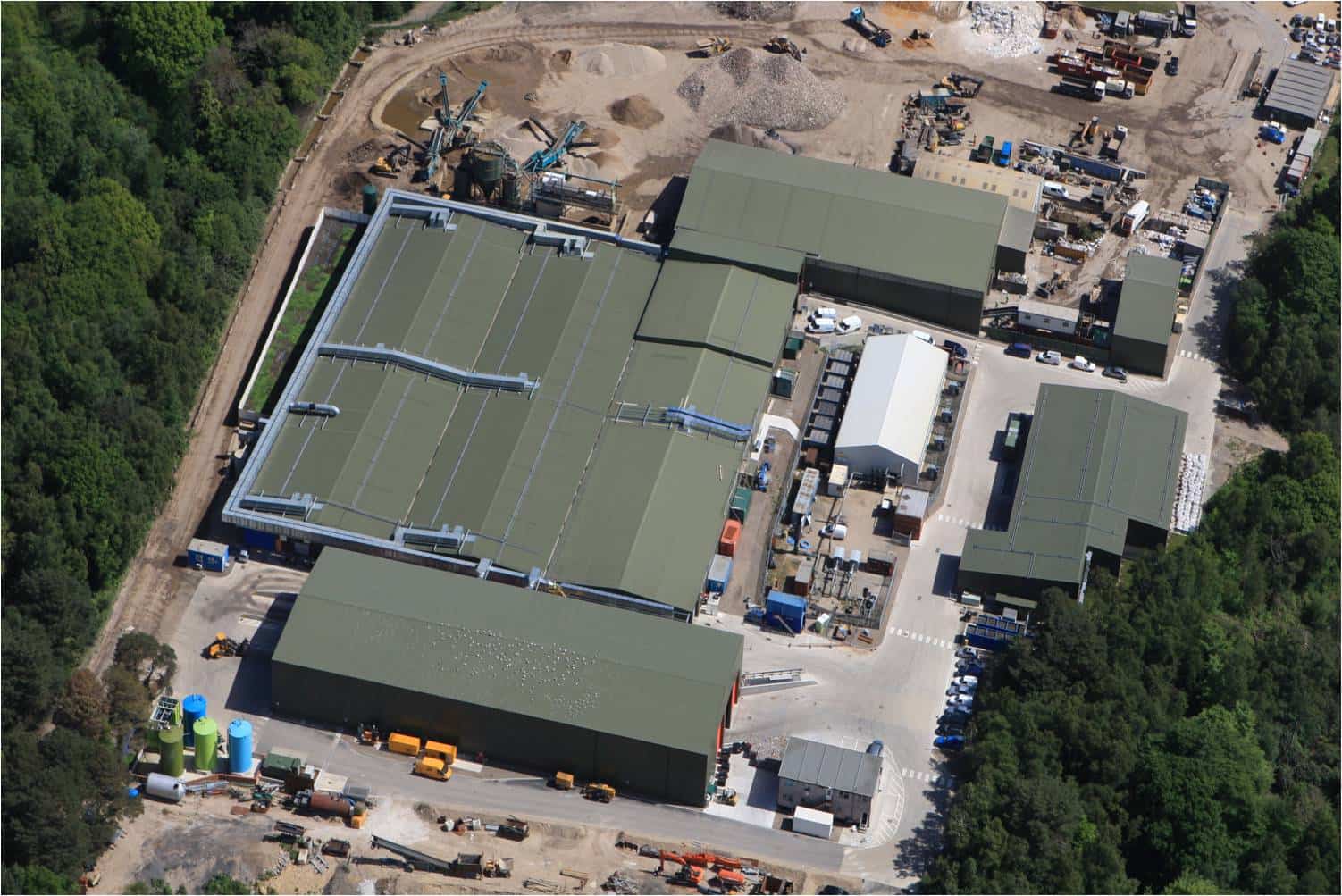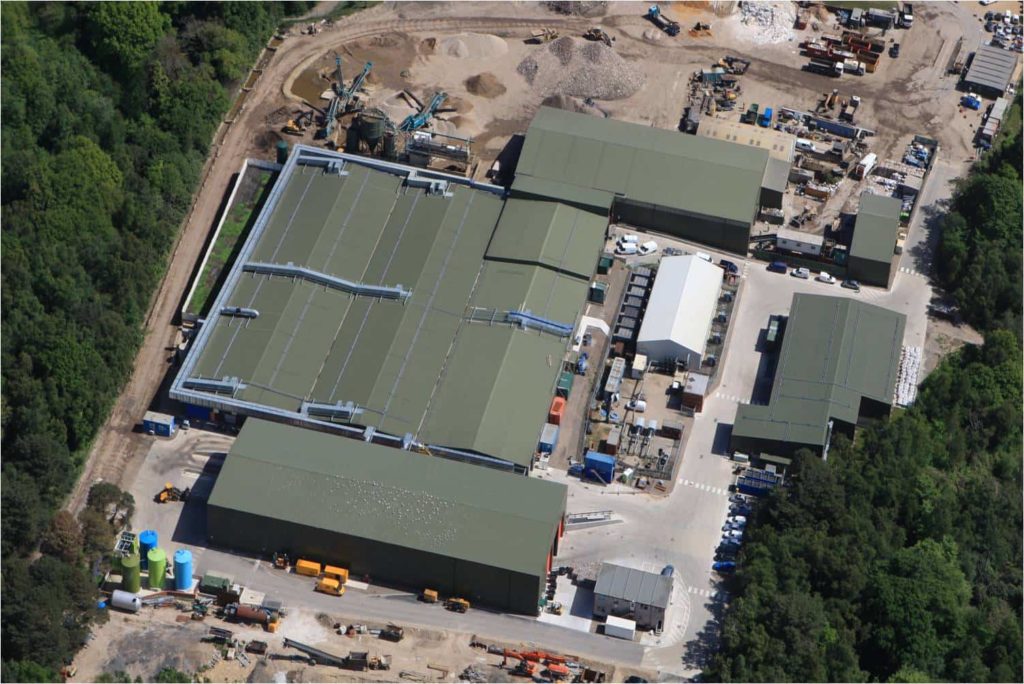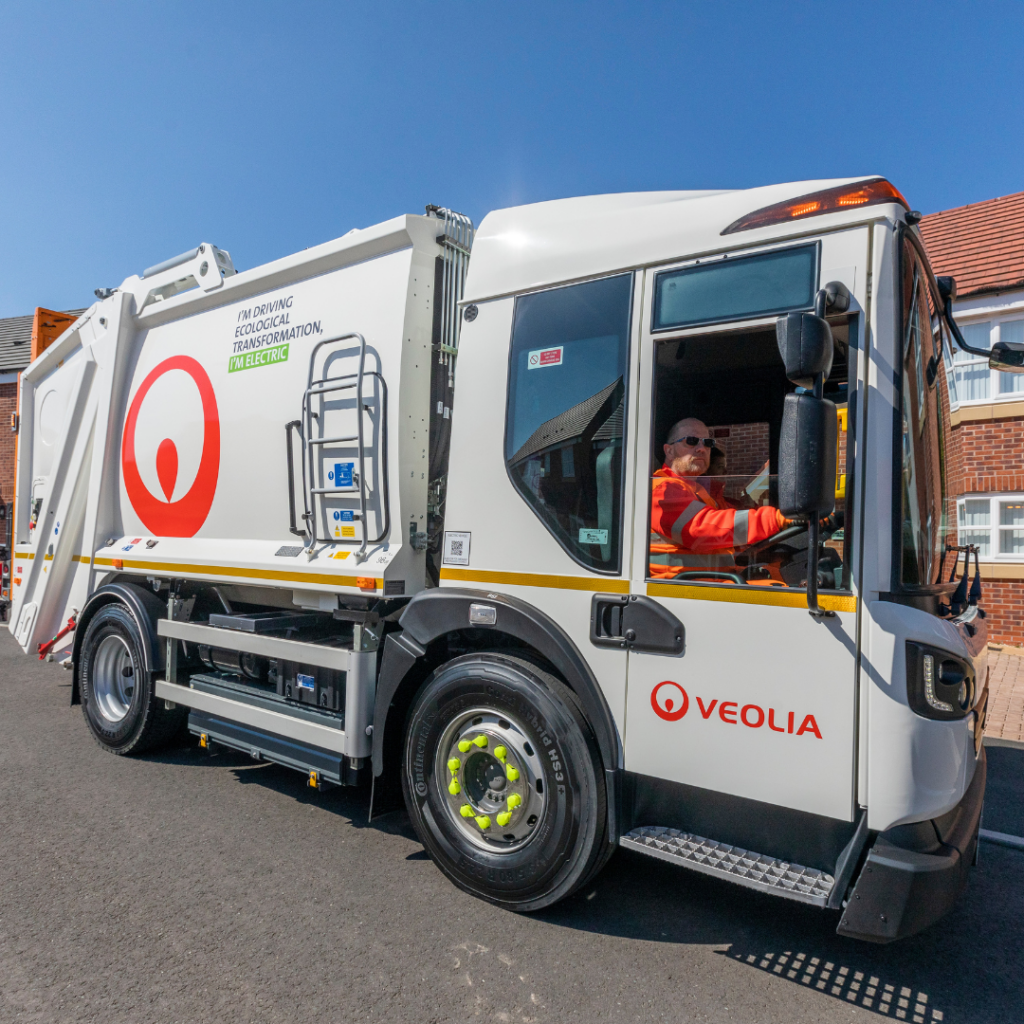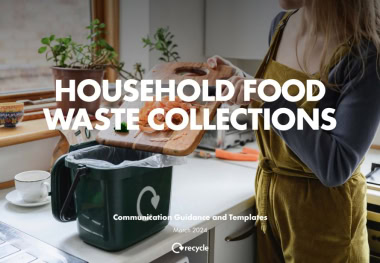A list of five proposed site allocations has been laid out in a second consultation to residents on the council’s proposed Draft Waste Plan for Bournemouth, Poole and Dorset up to 2032.

Under current arrangements, waste services for Dorset district and borough councils are undertaken by the Dorset Waste Partnership – with the exception of Poole and Bournemouth, which are unitary authorities.
A 15-year Waste Plan for the whole county was first mooted in December 2013, and was put to residents last summer. Now a further survey has been produced listing ‘additional sites and proposed site allocations’ for Dorset – which is linked to the rapid closure of landfill cells across the county.
According to the consultation document, total projected waste arisings are forecast to grow from 869,744 tonnes in 2016 to 1,047,871 tonnes in 2032.
Landfill and energy recovery capacity for Dorset total 313,000 tonnes in 2016 – meaning a surplus of 25,000 tonnes on the 288,000 tonnes produced across the year.
But, with the closure of landfill sites the council predicts this treatment capacity will plummet by 2021 creating a shortfall of 163,000 tonnes.

Future projections show that as the population increases this gap would grow, with landfill to run out completely by 2028 resulting in a capacity shortfall of 222,000 tonnes by 2032.
MBT
Outside of landfill, Dorset currently relies on New Earth Solutions’ Canford mechanical biological treatment (MBT) plant and Veolia’s Marchwood EfW facility to dispose of its residual waste offtakes. New Earth was placed in administration last month, but its treatment facilities continue to operate under the Group name after the business was acquired by DM Opco Limited (see letsrecycle.com story).
New sites being considered for disposal allocation, subject to consultation feedback, include an EfW plant at Eco Sustainable Solutions’ site in Christchurch, Ferndown in East Dorset, Woolsbridge Industrial Estate in East Dorset, Mannings Heath in Poole or the extension of operations at Canford.
However, the county council is already facing opposition on a number of the proposals. Waste projects at Ferndown, for instance, are opposed by the Forestry Commission which owns land in the area and has suggested re-siting a facility to the south west.
Mannings Heath has also been described as a ‘good, strategic location’ by the county council, but this week came under flak from Poole’s environment member councillor John Rampton – who told the Bournemouth Echo there are “no plans whatsoever to build an incinerator there”.
Suez
A part of the site is also owned by Suez and there is permission to build a materials recycling facility (MRF) – which would take priority over an EfW plant according to the county council.
Expansion of Canford appears more likely. The site consists of New Earth’s MBT plant, a landfill gas compound and a MRF, while permission has also been granted for development of a ‘standalone syngas production facility’.

Eco Sustainable Solutions has already been granted planning permission to alter its site – with the organics recycling firm looking to replace its anaerobic digestion and solid recovered fuel (SRF) processing units with a 125,000-160,000 tonnes-per-year capacity EfW facility.
The council describes the proposal as a significant contribution, and Eco has since proposed expanding all waste and recycling activities at the site from the permitted 260,000 tonnes to 530,000 tonnes per annum – which is being considered as part of the consultation.
Woolsbridge
Infrastructure is also more likely to be delivered at Woolsbridge – where the council suggests the landowner ‘has aspirations for waste uses on the site and is happy for us to consider the site for waste facilities’.
The consultation will run until 21 July. Dorset’s final Waste Plan is expected to be adopted in December 2017.












Subscribe for free